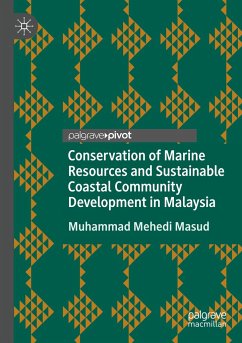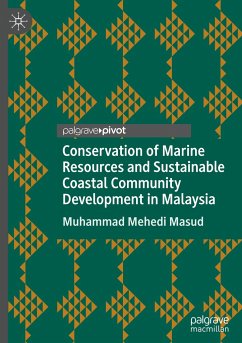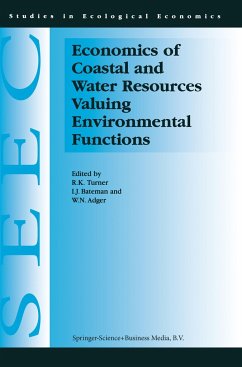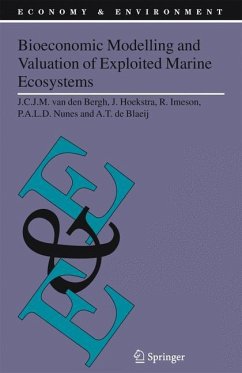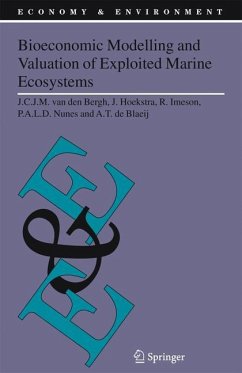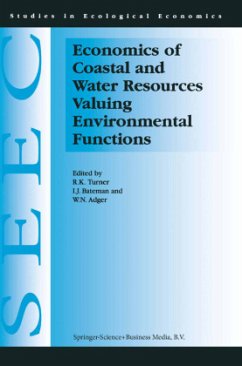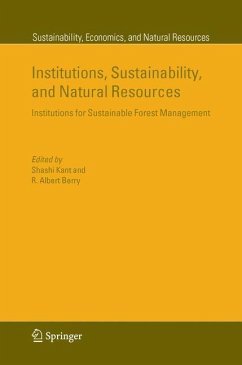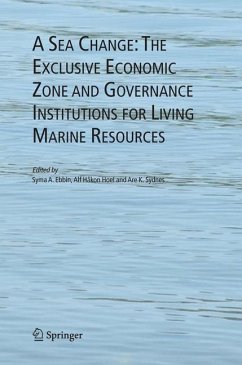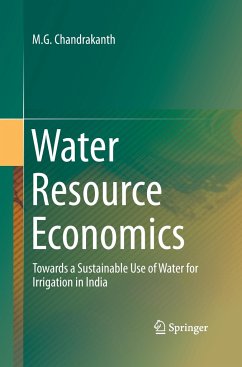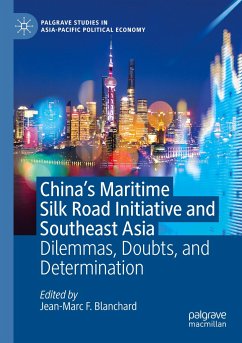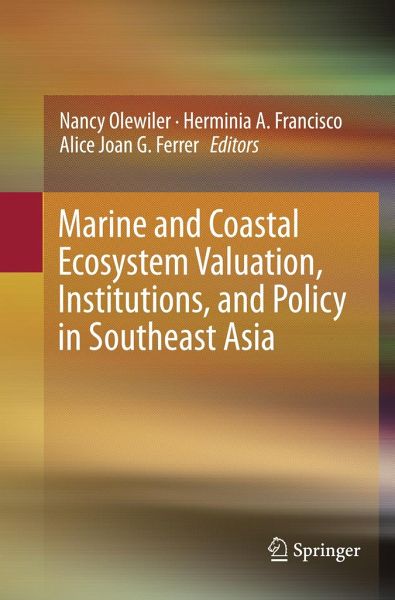
Marine and Coastal Ecosystem Valuation, Institutions, and Policy in Southeast Asia
Versandkostenfrei!
Versandfertig in 6-10 Tagen
76,99 €
inkl. MwSt.

PAYBACK Punkte
38 °P sammeln!
This book is a compendium of case studies illustrating how economic tools and techniques can be used to address a wide range of problems in the management and conservation of marine and coastal ecosystems in a developing country context. The studies, which were conducted with support from the Economy and Environment Program for Southeast Asia (EEPSEA), cover topics such as mobilizing conservation finance from beneficiaries of marine and coastal ecosystem services; quantifying ecosystem damage and its impact on dependents of ecosystem resources and services; determining the best package of poli...
This book is a compendium of case studies illustrating how economic tools and techniques can be used to address a wide range of problems in the management and conservation of marine and coastal ecosystems in a developing country context. The studies, which were conducted with support from the Economy and Environment Program for Southeast Asia (EEPSEA), cover topics such as mobilizing conservation finance from beneficiaries of marine and coastal ecosystem services; quantifying ecosystem damage and its impact on dependents of ecosystem resources and services; determining the best package of policy reforms that put a price on pollution and regulate economic activities generating pollution with the goal of restoring coastal and marine resources; and analyzing community-based institutions that support sustainable management of fisheries and coastal resources. Studies in the book also provide general guidelines for conducting economic appraisals. It is essential reading for teachers, researchers, students and practitioners in fishery economics, economic development, ecosystem management, and other key issues facing policymakers in the Southeast Asian region.



